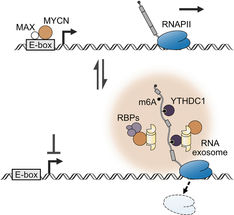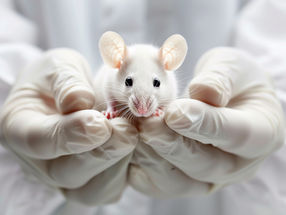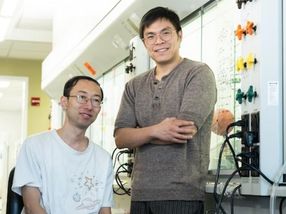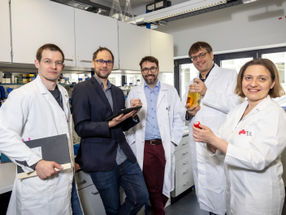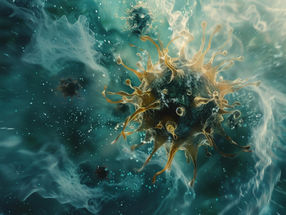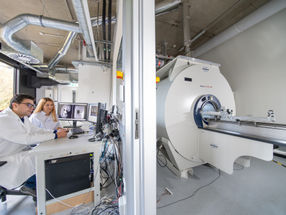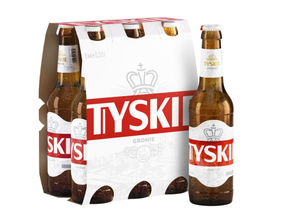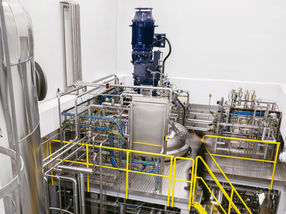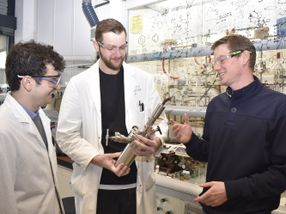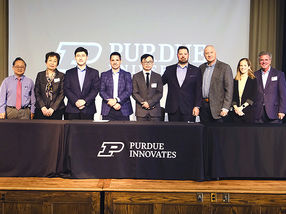Generex Biotechnology Collaborator Reports an Advance in Intra-Tumor Gene Therapy for Cancer
Generex Biotechnology Corporation announced that an academic collaborator of its wholly owned subsidiary, Antigen Express, has published a paper showing that their patented reagents and technology induce a potent immune response to prostate tumor in a preclinical mouse model.
Dr. Gilda Gali Hillman, Ph.D., Associate Professor of Radiation Oncology at Wayne State University Medical School and the Barbara Ann Karmanos Cancer Institute, in Detroit, Michigan, demonstrated that a curative immune response is optimal with tumor irradiation preceding the Antigen Express gene therapy protocol. She also demonstrated that T-helper and T-cytotoxic cells are essential for the effect. The advance in this method comes from stimulating the immune system of the tumor-bearing host with novel antigenic epitopes specific for immunoregulatory T helper cells in a manner that is applicable to the clinic. Without that stimulation, outcome is significantly worse.
Antigen Express scientists have shown that cancer cells are robust vaccines when they express MHC Class II molecules, and the Ii (Invariant Chain) immunoregulatory protein is suppressed. Many cancer cells express MHC Class II molecules, or they can be readily induced to do so with interferon gamma or the MHC Class II transactivator. Endogenously synthesized antigens, which are transported into the endoplasmic reticulum for binding to MHC Class I molecules, are normally excluded from Class II binding because the invariant chain (Ii protein) blocks the MHC Class II antigenic peptide binding site. Upon suppression of Ii protein expression with antisense methods, an enhanced repertoire of tumor cell antigenic epitopes becomes presented. This approach works with either cancer cells manipulated in cultures, or directly in vivo upon injection of the Antigen Express gene constructs into the tumor. A major advantage of this gene therapy approach is that only a subpopulation of tumor cells needs to take up and express the therapeutic gene constructs. That subpopulation leads to stimulation of T helper cells, which activate and induce cytotoxic T cells to eradicate all tumor cells in the body.
Original Publication: Human Gene Therapy 2005, 16, 187-199.
Other news from the department science

Get the life science industry in your inbox
From now on, don't miss a thing: Our newsletter for biotechnology, pharma and life sciences brings you up to date every Tuesday and Thursday. The latest industry news, product highlights and innovations - compact and easy to understand in your inbox. Researched by us so you don't have to.














